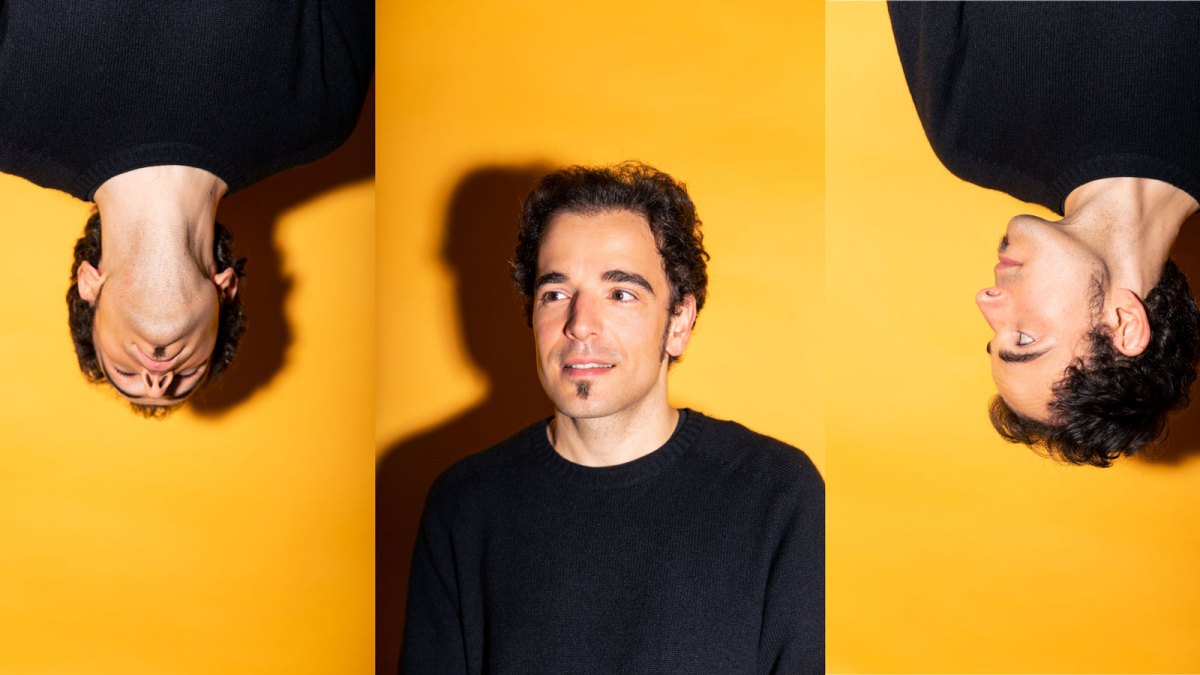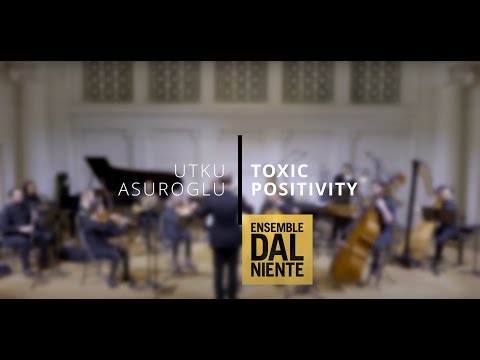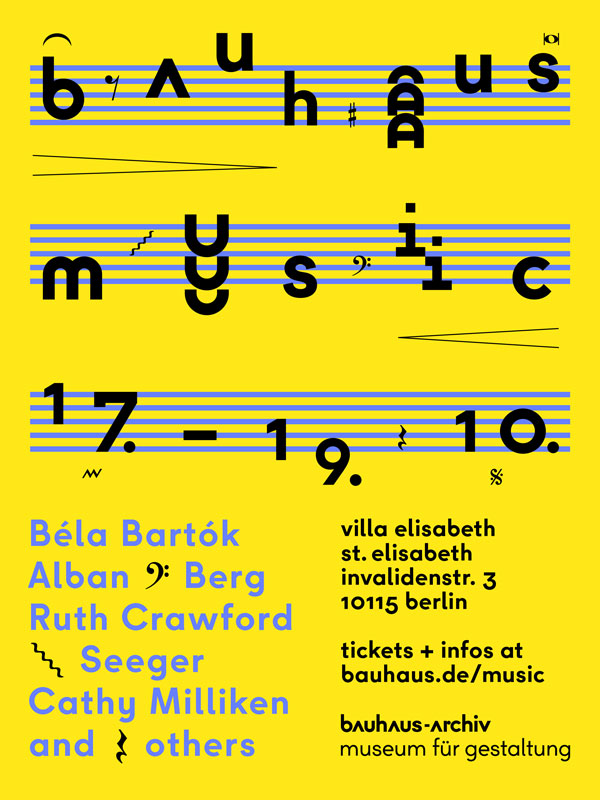In the composer Utku Asuroglu’s pieces, colors joust like a child battling with their plastic toys: passages of extreme, artificial, neon intensity sit alongside moments of sensitive beauty, moving from Starburst-candy orange to oceanic blues and grays. Lo-fi electronic glissandi and kazoos unravel into bare tendrils of melody. Many of his works traverse great textural distances in short times, evoking a very contemporary feeling of fragmentation to which much new music aspires, but less commonly achieves in such a lasting way.
Asuroglu was born in 1986 in Istanbul, and studied composition in Rotterdam, Graz, Freiburg, Stanford, and at IRCAM in Paris. He is coming off several highly successful weeks: In April, he received a Guggenheim fellowship, and in May joined the faculty at the University of Missouri. He’s also developing an opera called “Zeki,” about the Turkish singer Zeki Müren. I spoke with Asuroglu via Zoom about his improvements to Chopin, filtering his teachers’ advice, and shaking the world awake through music.
VAN: Your parents were both schoolteachers. How did you get involved in composition?
Utku Asuroglu: My father was always listening to classical music. And we had a neighbor who had a piano. Me and my sister knocked on their door nonstop, asking to play the piano. It reached a point where it was embarrassing for my parents, so they asked if they could buy the piano. Then, my father had a student who was a pianist who gave us some fundamental background about music. The journey started there.
When I started playing pieces by classical composers like Mozart, Beethoven, and Chopin, I would adjust them. I always said, “Oh, this could have been better.” My teacher wasn’t happy with it. He was like, “No, don’t do that.” But I kept doing it. And then I said, “Why don’t I try to create something from scratch for myself?” That was the entrance point [into composition] for me.
What kind of stuff would you change?
I learned piano in a very German system, with easy versions of piano pieces. In a Chopin Mazurka, I messed around with the harmony; why not change the time signature here. I was always trying to boost the energy. I tend to write very fast and energetic music—actually, not right now, I’m getting older. [But] that was the thing: the energy. Let’s change this, create an aura. I was like 14 or 15 years old.
In an older interview, you mentioned studying at different universities, and how they each had their own aesthetics…
…their own hero composers.
Studying in so many places with different styles, how did you maintain a focus on your own musical voice?
I think it’s inevitable to agree with your teacher or the school 100 percent [at first], and then you start to learn to use a filter for yourself. I was always a suspicious—I don’t know if that’s the right word—student. Like, “Is this the right thing for me? Is it going to help me?”
Changing countries nonstop, you’re not only learning from the teachers, but also from your colleagues, friends, the city and its history, architecture, and politics. Everything influences you, even learning the language. Traveling is very helpful for an artist because you start to understand that the world keeps getting bigger. I always say the most important talent that I have is my curiosity. As long as I keep that alive, and take care of my talent—because talent requires a lot of care—then I [can continue] trying to get closer and closer to the things that I imagine in my mind. But I think filtering, staying suspicious, questioning things, were the most helpful tools.
The earliest piece on your SoundCloud is “Interlocked” for two pianos, from 2013. Is that a sort of Opus 1 for you?
Yeah, it was an important point. As a composer, I had a breakdown where I felt what I’d composed before was not good enough. I felt all of a sudden that I needed to follow a different direction, like I needed to do something else, because I was getting bored with what I was doing at that time. I said, “I need to take some risks, because I’m completely predictable for myself.”
When I was listening to your music I developed a theory: I think in a lot of your pieces there are passages that are wild, energetic, and intense, with tons of different colors. And then passages that are more fragile, sensitive, soft, and extremely beautiful. And I feel like a lot of your pieces recombine that A and that B in different ways. What do you think?
Maybe in the recent pieces I don’t do that but I know what you mean. It’s hard for me to talk about my music. I get really shy about it. When I compose I don’t think, “This is fast, wild, but then it’s more calm.” I always think of it as a whole. But I completely understand what you’re trying to say.
In some of your pieces I hear gradual processes, but I think many of them have distinct passages that are ordered in these very effective ways.
Form has been the most interesting tool that I’ve been focusing on in maybe the past 10 years. I said, “What can I do with the formal structure? How can I connect very different ideas in an organic way, so the energy never disappears, and it feels continuous?” I also really like surprises and unpredictability, and gestures are very important to me. But what you’re describing is the perception which remains, that I have some wild energetic [sections] and then softer, more fragile and lyrical ones. There’s nonstop fluctuation in the formal structure. That was my biggest goal for a long time. But right now I’m on a completely different path.
Which is?
I’ve been working on this opera project “Zeki,”, and I’ve been collaborating with a lot of singers. As Penderecki says, the voice is the most powerful instrument. I completely agree; it’s very powerful if you know how to use it, but if you don’t know how it’s very challenging. Since 2016 or 2017, I’ve been really interested in melodies and folk music. That triggered another side of me that I never really knew existed. I’m working with a lot of melodies, and orchestration that is much more [focused on] what is necessary.
I did notice in some of your more recent pieces that there are these wisps or hints of melody: the melody isn’t really stated, but it’s disintegrating almost, in a beautiful way.
Thank you, I’ve been enjoying that a lot. Melodies are really fresh to my ears nowadays.
Some of your pieces have funny moments: “Capitaine Nemo” has a techno beat in the drumset at one point…
My neighbor was listening to that music nonstop. When you encounter something like that during the composition process, you hate it. And then after a while, you start to accept it because otherwise you won’t be able to work. And then you start to like it. So that was the process.
There are also a lot of kazoo noises.
Correct. I’m an extremely obsessive person, and the kazoo is one of my obsessions. The kazoo is very theatrical, very funny. And I like the sound of it because it’s completely absurd, but also lyrical. I enjoy the sound of the instrument a lot. I have a kazoo collection.
The latest from VAN, delivered straight to your inbox
Should the use of kazoos make the audience laugh?
Completely genuinely: I just want to hear the sound of the instrument. It’s not about making people laugh. Imagine that you’re giving a melody to the clarinet or the horn—I think the kazoo will handle the job much better.
In 2015, you said you weren’t sure if you’d found your voice as a composer yet. Have you now?
It’s a very dangerous question because I don’t want to sound like an egotistical, delusional composer. [Laughs.] I feel like I have certain qualities, moments, things I apply to my music, that it’s kind of my sound at this point. Energy, orchestration, obsessions, certain instruments—I feel more comfortable saying that [I’ve found my voice] now.
Your pieces from 2015 that I heard also sounded like you to me.
It is really hard to talk about your music. There’s a danger of sounding like a narcissistic composer. But now I can say that; I think I agree with you that, at that time, I also had signatures that I believe belong to me.
Within several weeks, you got the Guggenheim fellowship and then were hired by the University of Missouri. After all that moving around—Rotterdam, Graz, Freiburg, Stanford, Paris—do you think Missouri will be your home?
I don’t know. But the job is a very important thing to have as a composer, and that decides where you’re going to live. Given my history—I’ve traveled a lot and I’m very tired of traveling right now—the grandfather side of me is really kicking in, like, “Stay where you are.” But as a musician it’s hard to say, because our jobs decide where we live.
The composer Andrew Trovato mentioned to me that he hears the intense, wild passages in your music as expressions against political apathy in other people. Do you agree?
Definitely. I would differentiate because I don’t think it’s politics per se, I’m just observing the world, watching what’s going on. And what’s happening is tragic. We’re in the 21st century and there are wars going on, kids are still dying, and I think this is really embarrassing for us. [This causes] a lot of reaction inside me and it comes out sometimes in an angry, maybe violent way. But I’m not being a politician, it’s just a clear observation. I’m just being honest. ¶
Subscribers keep VAN running!
VAN is proud to be an independent classical music magazine thanks to our subscribers. For just over 10 cents a day, you can enjoy unlimited access to over 875 articles in our archives—and get new ones delivered straight to your inbox each week.
Not ready to commit to a full year?
You can test-drive VAN for one month for the price of a coffee.



